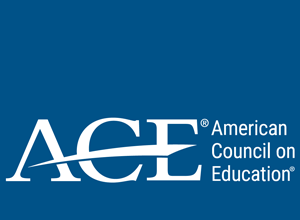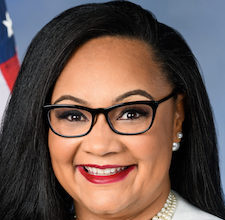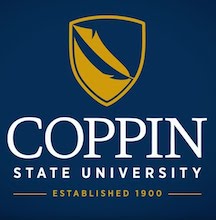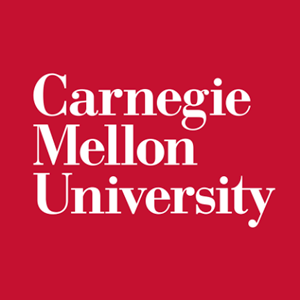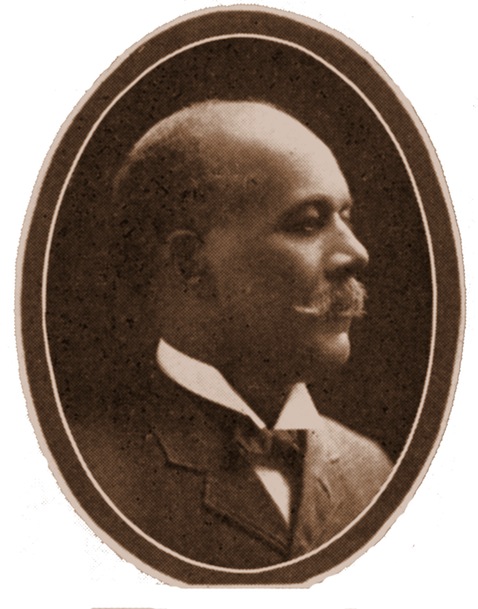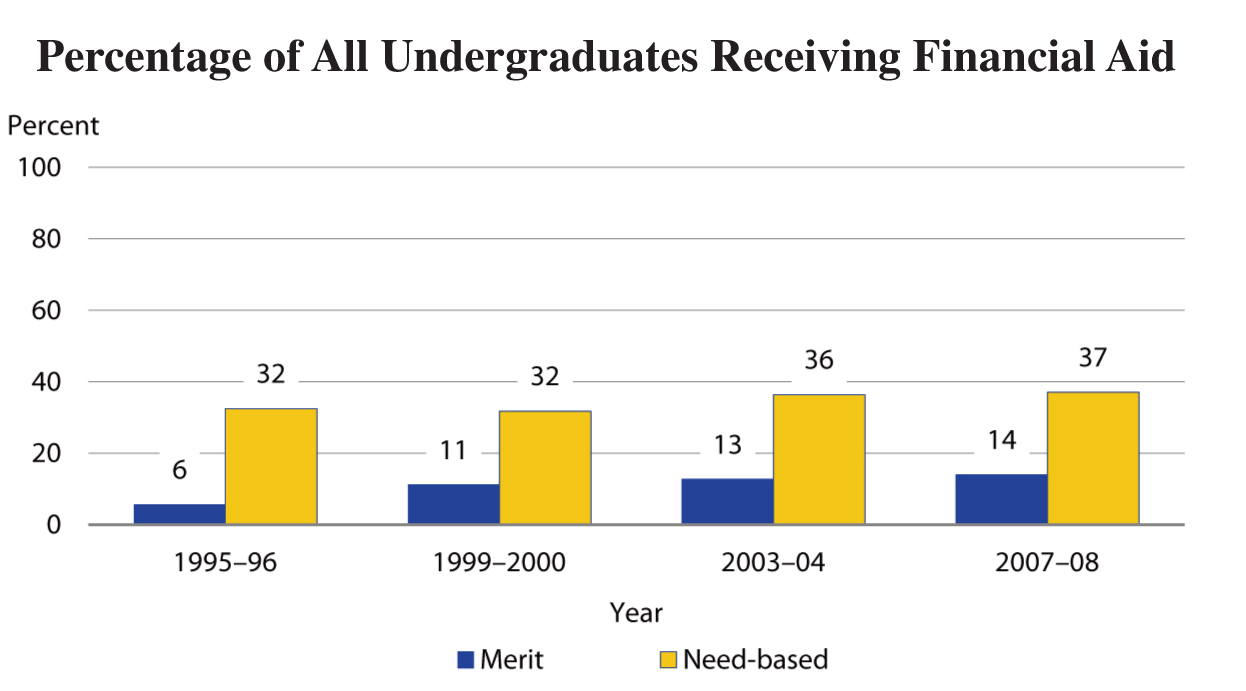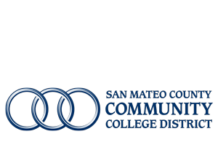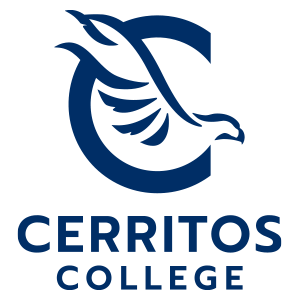Middlebury College Adds a Second Posse of Low-Income Students
Since 1998 Middlebury College in Vermont has been admitting and offering full-tuition scholarships to a posse of students from New York City high schools. The college is now adding a second posse from Chicago public schools.
Football Coach at the University of Virginia Donates $50,000 to Financial Aid Program
Head football coach Mike London makes a significant contribution to the AccessUVa financial aid program.
Less HOPE for Black Students in Tennessee?
A task force has recommended halving scholarships for some students and the cuts are expected to disproportionately impact African Americans.
Fellowship Program at DePaul University in Chicago Honors Arnold Mitchem
The new program will provide stipends to 50 undergraduate students to help them prepare for graduate school and careers in the academic world.
Southern Illinois University Honors Its First Black Male Student
A paid internship at the Illinois General Assembly has been established in honor of Alexander Lane.
A Surge in Black Applicants in New Non-Binding Early Action Admissions Programs
Both the University of Virginia and Harvard University report large increases in black early applicants from four years ago.
A Racial Breakdown of Financial Aid
In 1996 only 6 percent of undergraduates received merit-based grants. A decade later this percentage more than doubled.
Dispelling the Myth That Financial Aid Disproportionately Goes to Blacks
Non-Hispanic whites receive nearly three-fifths of all financial aid grants.

